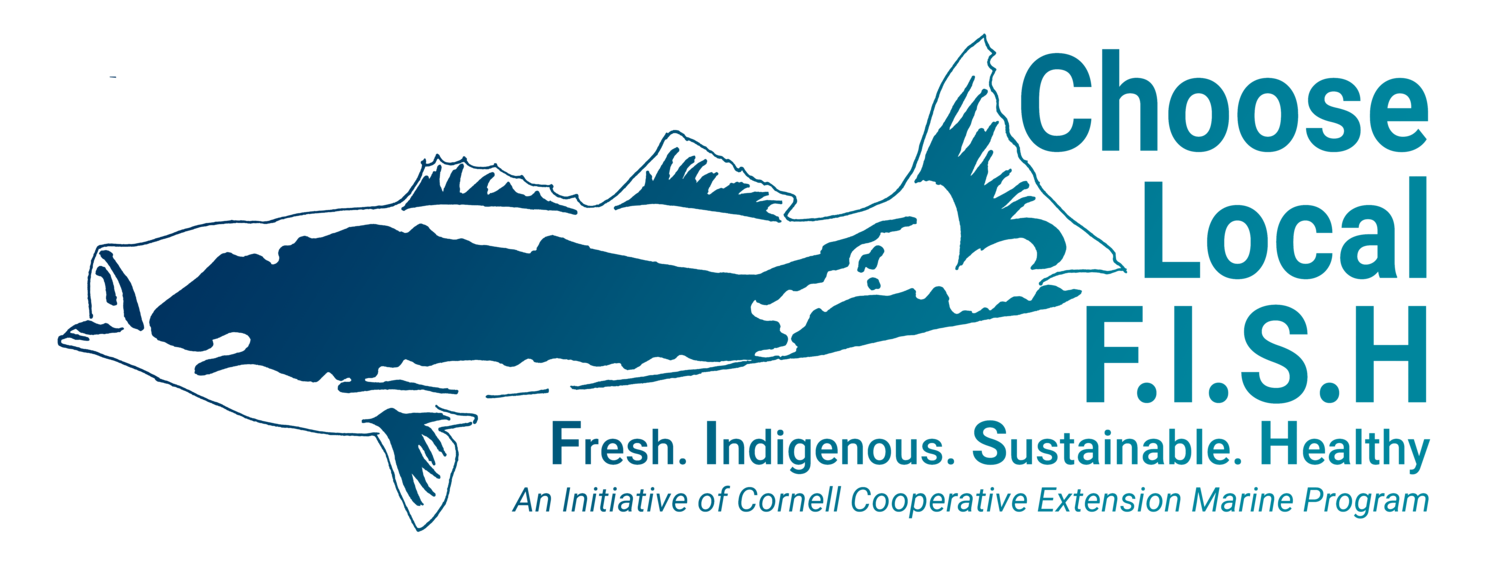07/29/2017 6:00 AM
A fluke taco caught and prepared by Southold Fish Market to promote freshly caught local seafood. (Credit: Cornell Cooperative Extension courtesy photo)
The marine program operated by Cornell Cooperative Extension of Suffolk County received a grant of $65,000 to launch its Local F.I.S.H. project, which promotes eating fish caught locally on Long Island.
Local F.I.S.H. — which stands for fresh, indigenous, sustainable and healthy — received the funding in December from the New York Farm Viability Institute, a grant-making agency supported primarily by New York State, and the project is ready to launch with the summer fishing season. Cornell has partnered in this effort with several North Fork fisheries, including Blue Moon Fish in Mattituck, Braun Seafood in Cutchogue, PE & DD Seafood’s Little Fish Shop in Riverhead and Southold Fish Market.
“We’re marketing local seafood because 90 percent of the seafood that people eat in the United States is imported,” CCE fisheries specialist Jacqueline Wilson said. “We’re trying to work with fisherman to help them enhance their businesses.”
Local fisheries will receive help in promoting their businesses online as well as through tastings around Long Island. A Taste and Tour event, for example, will be held Friday, Aug. 18, the Suffolk County Marine Environmental Learning Center in Southold.
“It would be great if people would buy local fish because it’s fresher, for one thing; it’s better for the planet,” Stephanie Villani of Blue Moon Fish said. “It’s helping the local fishing community. It’s nice to have the local support.”
Ms. Wilson said buying local fish is important, noting that fish imported into the country can be a week to two weeks old by the time it’s consumed, but buying locally ensures that it’s only a day or so old.
“It was very easy to match up with this because it’s something we do anyway,” Kenneth Homan of Braun Seafood said. “We’ve been promoting local fish. We want to help the local fishermen and it helps the community.”
More information can be found at http://localfish.org.
Photo caption: A fluke taco caught and prepared by Southold Fish Market to promote freshly caught local seafood. (Credit: Cornell Cooperative Extension courtesy photo)

